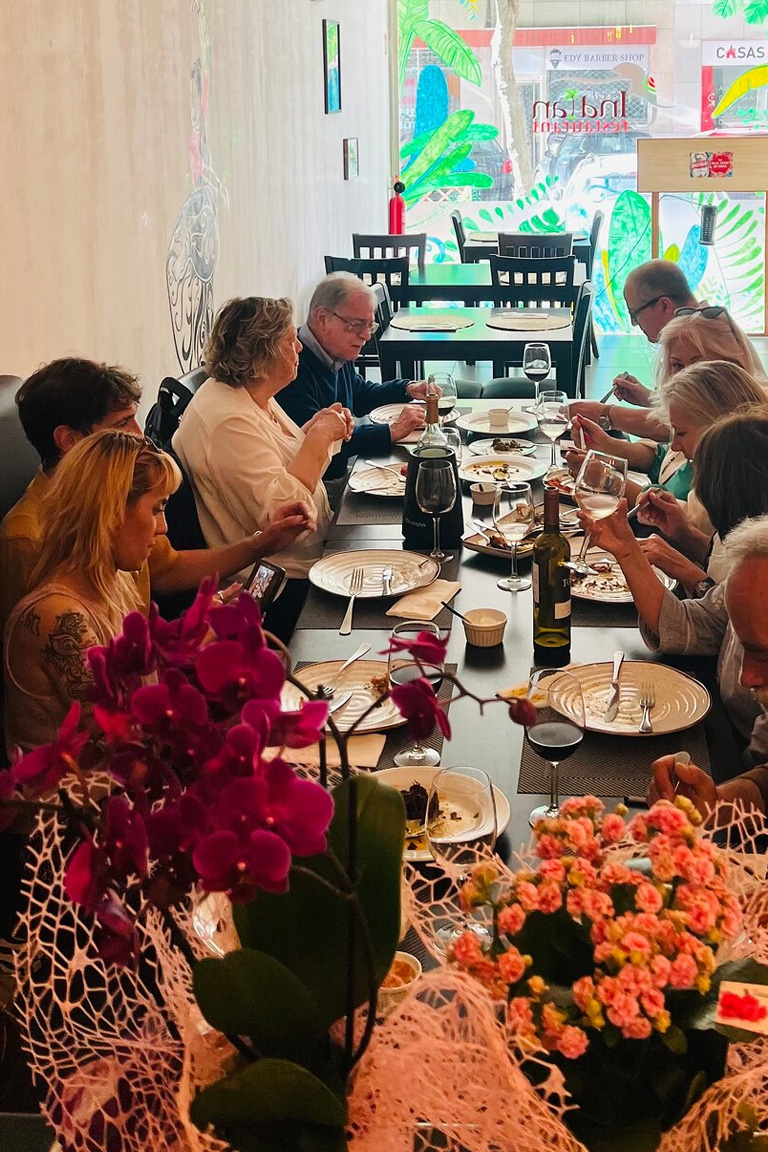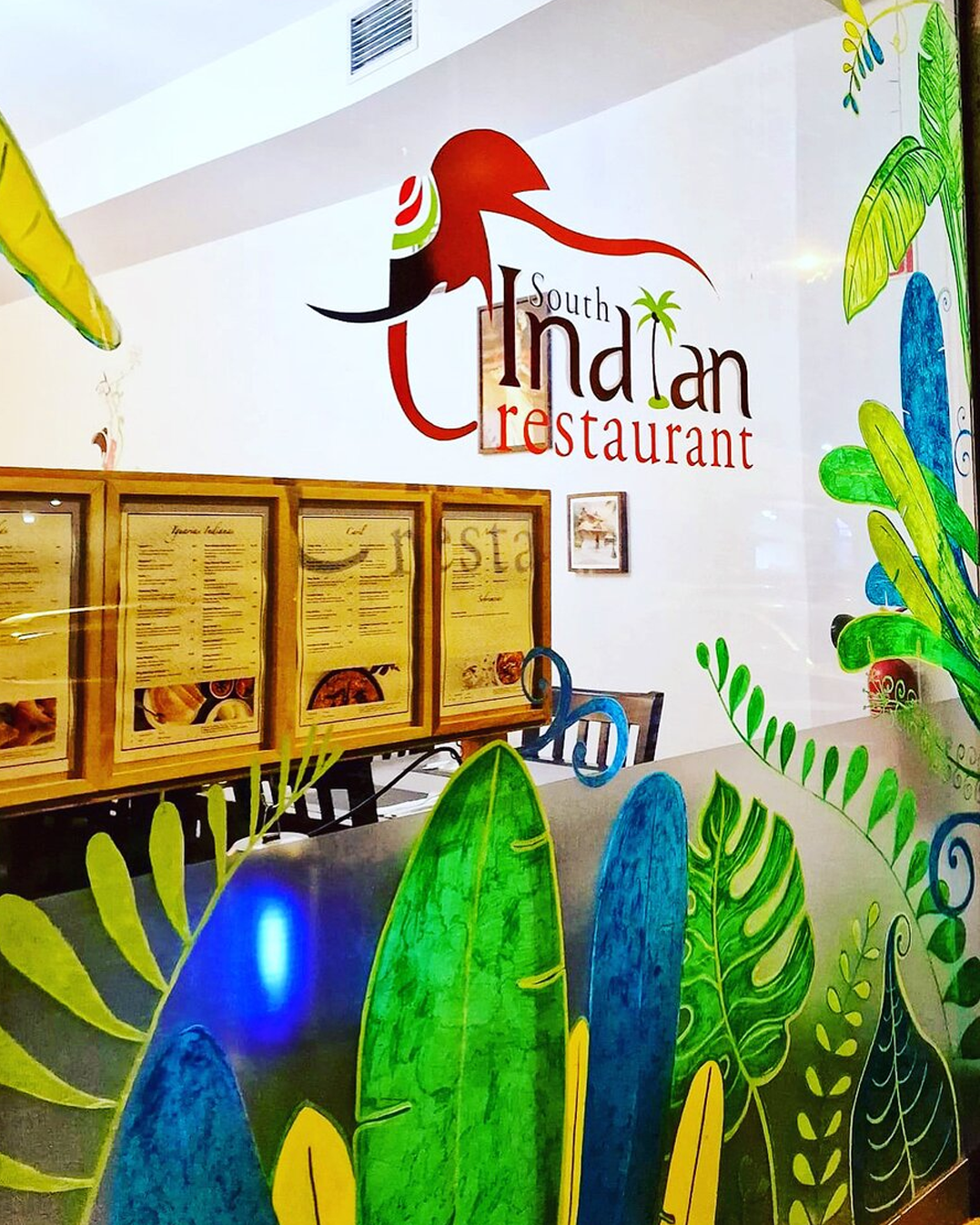The south story
South Indian cuisine still retains many elements of the ancient culture that flourished many years ago: steamed dumplings with coconut, jaggery (raw sugar) and cardamom in a rice wrapper; food served in banana leaves, or the ubiquitous spice blend kari podi, or curry powder, are all indigenous to this region.
There are, however, a few unifying elements of southern cooking, like the use of rice as a staple, as well as certain varieties of squashes and greens, coconut, jaggery, peanuts and sesame seeds. Herbs and spices are a potent underpinning, including curry leaves (balmy herb), tamarind (sour pod), sour lime and spices such as mustard, ginger, turmeric, coriander, fenugreek, black pepper and the incendiary red Guntur chilies.
Vegetarian dishes, which originated in the courts of kings, are collectively known as South Indian Vegetarian. Throughout the south, dishes like sambar, kotto and koyamboo (spicy vegetable and lentil stews), kari or thovaran (warm vegetable salads), rasam (soup) and pachadi (yogurt salad) are popular.
South Indian vegetarian cooking also includes preparations like idli (steamed dumplings), dosa (lacy crepes) and vada (bean fritters), all made with sourdough batter of rice and/or bean. These light vegetarian protein foods, called tiffin, are popular snacks served with a chutney and a lentil sauce.


Rich traditions
A highly celebrated and traditional restaurant, Swaad takes pride in replicating the authentic gourmet recipes that were previously confined to the family kitchens of South India.
Southern India, a sought-after source of exotic spices since ancient times, has evolved a myriad of culinary traditions and Swaad is helping preserve this distinctive cuisine of the South India.
What People think about our restaurant
They always say Customer is King and we hold this value very close to our ethos and this very aspect defines who we are and who we will be in the future…




